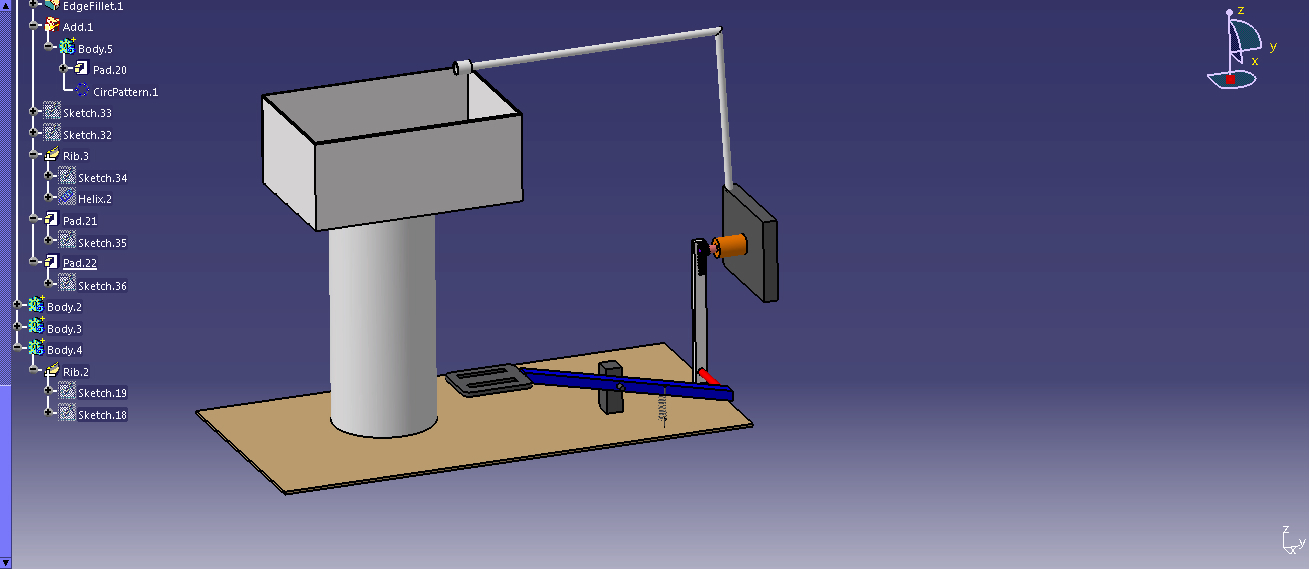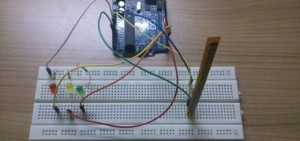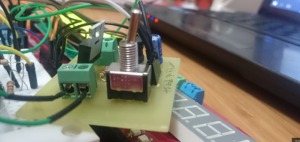ROLE OF RISER IN SAND CASTING
Metals and their alloys shrink as they cool or solidify and hence may create a partial vacuum within the casting which leads to casting defect known as shrinkage or void. The primary function of riser as attached with the mould is to feed molten metal to accommodate shrinkage occurring during solidification of the casting. As shrinkage is very common casting defect in casting and hence it should be avoided by allowing molten metal to rise in riser after filling the mould cavity completely and supplying the molten metal to further feed the void occurred during solidification of the casting because of shrinkage. Riser also permits the escape of evolved air and mold gases as the mold cavity is being filled with the molten metal. It also indicates to the foundry man whether mold cavity has been filled completely or not. The suitable design of riser also helps to promote the directional solidification and hence helps in production of desired sound casting.
1. Considerations for Desiging Riser
While designing risers the following considerations must always be taken into account.
(A) Freezing time
1 For producing sound casting, the molten metal must be fed to the mold till it solidifies completely. This can be achieved when molten metal in riser should freeze at slower rate than the casting.
2 Freezing time of molten metal should be more for risers than casting. The quantative risering analysis developed by Caine and others can be followed while designing risers.
(B) Feeding range
1. When large castings are produced in complicated size, then more than one riser are employed to feed molten metal depending upon the effective freezing range of each riser.
2. Casting should be divided into divided into different zones so that each zone can be feed by a separate riser.
3. Risers should be attached to that heavy section which generally solidifies last in the casting.
4. Riser should maintain proper temperature gradients for continuous feeding throughout freezing or solidifying.
(C) Feed Volume Capacity
1 Riser should have sufficient volume to feed the mold cavity till the solidification of the entire casting so as to compensate the volume shrinkage or contraction of the solidifying metal.
2 The metal is always kept in molten state at all the times in risers during freezing of casting. This can be achieved by using exothermic compounds and electric arc feeding arrangement. Thus it results for small riser size and high casting yield.
3 It is very important to note that volume feed capacity riser should be based upon freezing time and freezing demand. Riser system is designed using full considerations on the shape, size and the position or location of the riser in the mold.
2 Effect of Riser
Riser size affects on heat loss from top at open risers. Top risers are expressed as a percentage of total heat lost from the rises during solidification. Risers are generally kept cylindrical. Larger the riser, greater is the percentage of heat that flows out of top. Shape of riser may be cylindrical or cubical or of cuboids kind. If shape is cylindrical i.e. 4″ high and 4″ dia, insulated so that heat can pass only into the circumferential sand walls, with a constant K value of 13.7 min./sq.ft. Chvorinov’s rule may be used to calculate the freezing time for cylinder as 13.7 min. The freezing time of a 4″ steel cube of same sand is 6.1 minutes and the freezing time of a 2″, 8″ and 8″ rectangular block is also 6.1 min. Since the solidification time as calculated of the cylinder is nearly twice as long as that of either the block of the cube. Hence cylindrical shape is always better. Insulation and shielding of molten metal in riser also plays a good role for getting sound casting. Copied from A Textbook of a Basic Manufacturing Processes and Workshop Technology by Rajender Singh.












Post Comment
You must be logged in to post a comment.